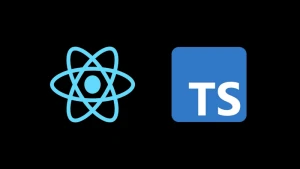الدورات
title
MongoDB vs. PostgreSQL: Does MongoDB Perform Full Table Scans in Parallel?

MongoDB and PostgreSQL handle full table scans (or their equivalents) differently due to their underlying architectures.
MongoDB: Full Collection Scan
- MongoDB uses collection scans (equivalent to full table scans in SQL databases) when queries do not use an index.
- MongoDB does not perform these scans in parallel across multiple threads by default.
- However, MongoDB can distribute queries across shards in a sharded cluster, where each shard processes its portion of the data in parallel.
- If a query is run on a replica set, it can be directed to secondary nodes for load balancing, but each node still processes its collection scan sequentially.
PostgreSQL: Parallel Sequential Scan
- PostgreSQL supports parallel sequential scans, where a full table scan can be executed in parallel across multiple CPU cores.
- When enabled (
parallel_tuple_costandparallel_setup_costare optimized), PostgreSQL automatically breaks up the table into chunks and assigns them to multiple worker processes. - This makes full table scans in PostgreSQL significantly faster on large tables when compared to MongoDB.
Comparison
FeatureMongoDBPostgreSQLFull Table Scan TypeCollection scanSequential scanParallel ExecutionNo (single-threaded, unless sharded)Yes (uses multiple CPU cores)Sharding SupportYes, but requires explicit setupNo (but can use partitioning)Index OptimizationIndexes prevent full collection scansIndexes prevent full table scans
Conclusion
- PostgreSQL natively supports parallel full table scans, making them much faster for large datasets on multi-core systems.
- MongoDB does not parallelize collection scans within a single node, but sharding can distribute workload across multiple nodes.
If you expect frequent full table scans on large datasets and want native parallelization, PostgreSQL is the better choice. If you can leverage sharding effectively, MongoDB can distribute the workload across multiple nodes but not in the same way PostgreSQL does.






